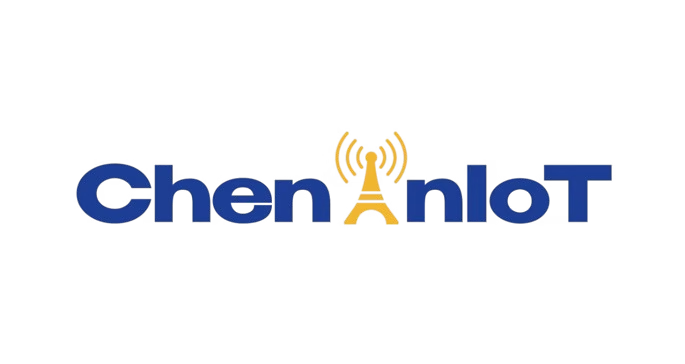Has OpenAI Been Ousted by Google?
A Deep Dive into the AI Giants’ Rivalry
Introduction
OpenAI’s ChatGPT once took the world by storm, spearheading the generative AI revolution. However, with the powerful emergence of Google’s Gemini, questions have arisen about whether OpenAI has been eclipsed. This article delves into the intense competition between these two AI giants, analyzing their technological advantages, market strategies, and future development trends to provide readers with a comprehensive understanding.

The Rise and Challenges of OpenAI
OpenAI’s success can be attributed to its deep roots in natural language processing. ChatGPT’s ability to engage in fluid conversations and generate creative text quickly captured the global audience. However, as competition intensified, OpenAI faced several challenges:
Soaring Training Costs:
Training large language models requires immense computational resources and data, straining OpenAI’s finances.
Rising Competition:
Tech giants like Google and Meta have launched their own large language models, intensifying market competition.
Technical Bottlenecks:
Despite ChatGPT’s impressive performance, it still exhibits limitations such as hallucinations and biases.
The Powerful Emergence of Google Gemini
Google Gemini is seen as a formidable challenge to OpenAI. Gemini excels in multimodal capabilities and reasoning, demonstrating Google’s deep technical expertise in AI. Moreover, Google’s vast search engine data and cloud computing platform provide a solid foundation for Gemini’s development.
The Competitive Landscape of the Two Giants
- Technological Level:
The two companies are engaged in fierce competition in terms of model architecture, training data, and algorithm optimization.
- Product Level:
ChatGPT and Gemini have different product positioning and application scenarios.
- Ecosystem Level:
OpenAI’s partnership with Microsoft and Google’s extensive ecosystem have a profound impact on the development of both companies.
AI Applications and Future Development
-
AI in Security:
- Smart Surveillance: AI-powered surveillance systems can detect anomalies and prevent crimes.
- Facial Recognition: Facial recognition technology is used for identity verification and tracking.
- Predictive Maintenance: AI can predict equipment failures, preventing production line downtime.
-
AI in Healthcare:
- Medical Image Analysis: AI can assist doctors in diagnosing diseases by analyzing medical images.
- Drug Discovery: AI accelerates drug discovery and development.
- Personalized Medicine: AI can provide personalized treatment plans based on patients’ genetic information.
-
AI in Finance:
- Risk Management: AI-powered credit assessment models reduce lending risks.
- Algorithmic Trading: AI algorithms enable high-frequency trading.
- Customer Service: AI chatbots provide 24/7 customer support.
-
AI in Education:
- Personalized Learning: AI can tailor learning paths to individual students.
- Automated Grading: AI can grade student assignments, reducing teacher workload.
- Language Learning: Speech recognition technology helps language learners improve their pronunciation.
-
Ethical Challenges and Future Development:
- AI Ethics: Issues such as bias, privacy, and accountability need to be addressed.
- Impact on Employment: AI may displace some jobs while creating new ones.
- Future of AI: Explore the possibilities of AGI and human-AI collaboration.
Who is the Real Winner?
It’s too early to declare a winner. The AI industry is evolving rapidly, and both OpenAI and Google are continuously introducing new products and services. The competitive landscape is subject to change.
Technological Innovation:
The future of AI lies in multimodality and embodied intelligence. Whoever makes breakthroughs in these areas will gain a competitive edge.
Ecosystem Building:
Building a robust AI ecosystem to attract developers and users will be crucial for both companies.
Commercialization:
Successfully applying AI to real-world applications and generating commercial value is the ultimate goal.
Conclusion
The competition between OpenAI and Google is a microcosm of the broader AI industry. This rivalry is driving innovation and bringing about significant benefits to society. As AI continues to evolve, it is essential to address the ethical challenges and ensure that AI is developed and used responsibly.
Share this:
- Click to share on Facebook (Opens in new window) Facebook
- Click to share on X (Opens in new window) X
- Click to share on WhatsApp (Opens in new window) WhatsApp
- Click to email a link to a friend (Opens in new window) Email
- Click to share on Reddit (Opens in new window) Reddit
- Click to share on LinkedIn (Opens in new window) LinkedIn
- Click to share on Pinterest (Opens in new window) Pinterest
- Click to share on Telegram (Opens in new window) Telegram
Related
Discover more from ChenAnIoT
Subscribe to get the latest posts sent to your email.




